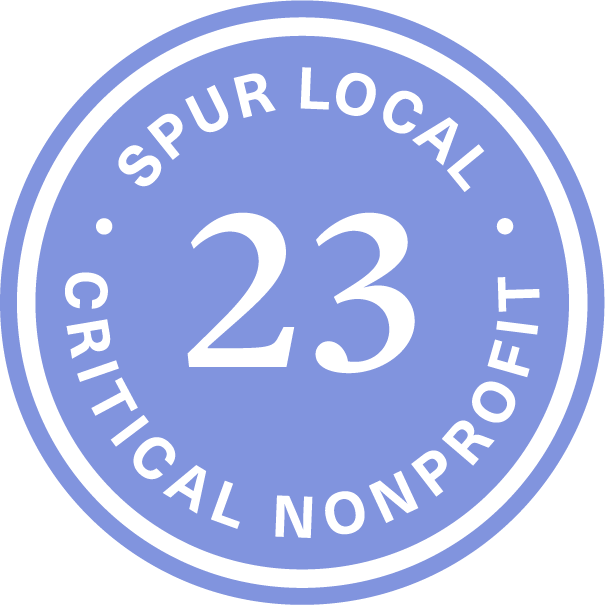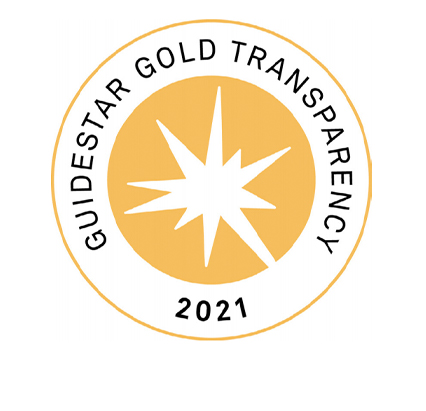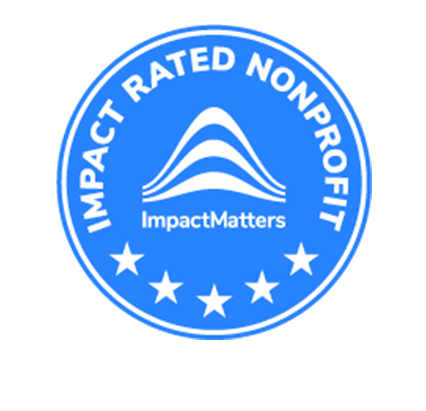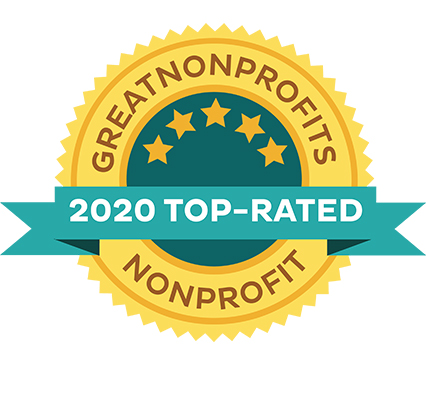Note: This is the 4th post in a new blog series by DASH called ‘Domestic Violence Matters’, which discusses current events and media coverage of domestic violence. We believe that empowering, provocative, and original media and storytelling must play a critical role in helping to overcome domestic violence in our society.
In the wake of two more domestic violence related incidences within the NFL regarding Ray McDonald of the Bears and most recently Bruce Miller of the 49ers, we sat down with the DASH Clinical Director to discuss how the NFL is handling domestic violence and, why their response even matters.
Q: In the last year the NFL has gotten a lot of media attention for the way that they internally handle domestic violence cases. Why do you think it matters how the NFL responds to domestic violence?
A: It’s important for the NFL to take action when one of their players commits an act of domestic violence because as an institution, the NFL has a lot of influence in our society. What the NFL does, in terms of the choices they make and the causes they support has a huge impact society wide. When I think about the good that the NFL could do on domestic violence – it’s extraordinary. They reach a lot of communities who wouldn’t ordinarily hear messages from the domestic violence service community including young people and men. So it’s even more important that they take a stand and say as a business, we are not going to stand for this, we are not going to have a participant who assaults their partner. It’s crucial.
Q: Aside from their influence, is there anything else that uniquely positions the NFL in the issue of domestic violence?
A: I think the big reason that the NFL has such an opportunity to impact the issue is that so much of our ideas about masculinity and what it means to be a real man are tied to being good at sports, being strong and physically aggressive. In pretty obvious ways the NFL perpetuates a culture of domination, specifically among men. And then when we look at the patterns that occur in domestic violence relationships we can see a lot of those same dynamics of power, control and aggression played out. The audience that the NFL reaches, the culture that they represent put them in a place to make a really positive impact on the issue of domestic violence in the United States.
Q: Because the NFL has received negative attention for their handling of domestic violence cases, specifically the Ray Rice case last fall, they have increased penalties for players involved in domestic violence situations. What do you think the impact of harsher punishment is on the wives, girlfriends and partners who are victims of domestic violence and their ability to speak out?
A: This is a big issue, I think that as the NFL has gotten stricter on domestic violence, it has put increased pressure on victims to not report assault or speak out for fear that their partner will be fired, their source of income gone and on top of that they face a huge amount of media attention and scrutiny. It’s already extremely difficult for survivors to seek help for domestic violence, but then when you are reporting a sports celebrity it creates all these other challenges and becomes harder for the victims to protect themselves. The dynamic is one where it’s the victim’s responsibility to report their abuse so that the individual player can be held accountable and then the NFL can take action. And it’s hard because the players should be held accountable, as all abusers should. But we need to make sure we are supporting survivors of domestic violence to be safe and empowered as well.
Q: The NFL recently instituted mandatory domestic violence training for all NFL staff and players and they have started financially supporting the National Domestic Violence Hotline. What are other ways you think they could make an impact on the issue of domestic violence?
A: I would really like to see their education efforts focused on prevention and talking about ways to communicate without being violent and how in a healthy relationship you don’t assault your partner. That would be really powerful education for the NFL to take a lead on not just for their players, but for athletes across the US. Make dating violence prevention a priority in college football, in high school sports they could even start reaching out to community recreation leagues. Think about the power of that message coming from the NFL to kids and teens, that healthy relationships, healthy communication is important. They have the money and the influence to really make that happen.
Q: You mentioned that the NFL has the ability to reach people who haven’t been exposed to domestic violence as an issue. What is one thing you would like them to understand?
A: Living free from violence is a human right and as a community we are saying we are not going to tolerate it. And if I could say 2 things, healthy masculinity and being a “real man” means you should use your strength for good and to take care of and provide for your partner and your children.
About DASH
DASH’s mission is to be an innovator in providing access to safe housing and services to survivors of domestic and sexual violence and their families as they rebuild their lives on their own terms.
Support DC families escaping abuse today.
Learn more about DASH’s safe housing programs for survivors of domestic and sexual violence and their families in the District.









